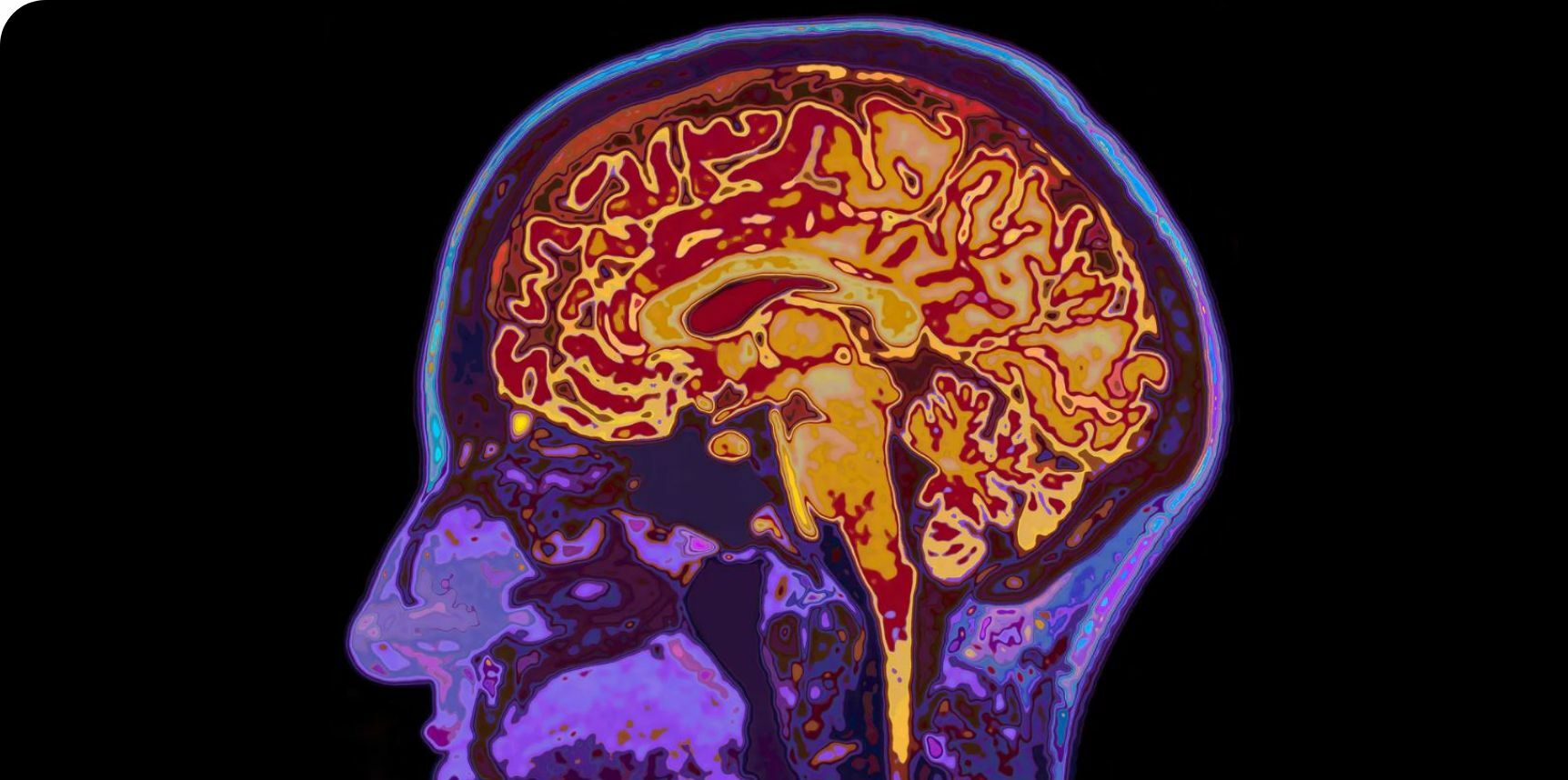Brain-CODE ramps up efforts to accelerate global research on brain disorders

Brain-CODE may have been ten years in the making, but the ground-breaking digital platform has made a significant impact on global research across a diverse range of brain disorders in the short two years since the release of its inaugural clinical data sets.
Built on the premise that data is most useful when it is shared, Brain-CODE collects, analyzes, and shares research data from OBI’s six Integrated Discovery Programs (IDPs). Over the past two years, there have been eleven data sets made available on the neuroinformatics platform, spanning multiple brain disorders including autism, cerebral palsy, concussion, depression, epilepsy, and dementia.
Brain-CODE received national attention in Spring 2022, when CTV featured the platform on their flagship news program – specifically focusing on data released to help investigate and treat pediatric neurological conditions. This standardized and curated data included aspects such as a patient’s demographic, medical history, and behavioural and cognitive assessments from research conducted by a team at the Province of Ontario Neurodevelopmental Network. Dr. Evdokia Anagnostou, a child neurologist and assistant director of the Bloorview Research Institute, noted in the interview that in this case, the most powerful action is not the collection of the data and research itself – but releasing it to the broader community.
“We are proud of the work we do,” said Dr. Anagnostou. “But we are also proud of the fact that we believe in democratizing knowledge and sharing what we’re learning with everybody else so that we can all get to the goals faster.”
Making critical patient data available to the international scientific community, while protecting the identify of research study participants, sets Ontario apart as a global leader in open science and data sharing. To date, these data sets have been requested and downloaded nearly 300 times by researchers based in 30 different countries.
Over the course of the 2021-22 year Brain-CODE oversaw the releases of significantly impactful datasets including results from a foundational study led by the Canadian Biomarker Integration Network in Depression (CAN-BIND) that featured a deeply phenotyped cohort of 211 people with Major Depressive Disorder (MDD) and 112 healthy individuals across six Canadian clinical sites. Participants with MDD received escitalopram, an antidepressant, for eight weeks. After eight weeks, if depressive symptoms did not improve, participants then received escitalopram in combination with aripiprazole, an augmentation treatment often used to treat MDD, for a further eight weeks. Throughout the study, participants were assessed with 29 clinical instruments and questionnaires, structural and functional MRI, resting state and task-based EEG, and genomic and molecular measures. The aim of the study was to identify biomarkers that predict treatment response in people with depression, with the dataset release containing baseline data for all participants.
"The detailed and multi-modal nature of the dataset provides unique opportunities to identify integrated biomarkers that predict individual treatment response," said Dr. Sidney Kennedy, lead investigator on CAN-BIND’s foundational study.
Another foundational study that contributed data to the Brain-CODE platform was led by the Ontario Neurodegenerative Disease Research Initiative (ONDRI), recruiting 520 participants and their care partners across five neurodegenerative diseases: Alzheimer's disease/mild cognitive impairment; frontotemporal dementia (FTD); amyotrophic lateral sclerosis (ALS); Parkinson's disease and cerebrovascular disease.
Participants went through the same rigorous set of well-planned assessment protocols regardless of disease; for example, completing the same series of eye tracking assessments and neuropsychological questionnaires. A key finding emerged from the novel research that examined MRI from Parkinson's disease patients finding that brain lesions from damage to small blood vessels may be due to rare changes within the NOTCH3 gene. This particular gene is known to be associated with CADASIL, a small vessel disease, but ONDRI's unique design allowed the potential connection to Parkinson's disease to be discovered.
Each of these dataset releases reflect the overarching hope for the Brain-CODE platform – that the shared knowledge will help break down bureaucratic barriers and obstacles that get in the way of global collaboration, and lead to expediting personalized treatment for patients and their families.
All of OBI’s landmark datasets are available for download on Brain-CODE.
"Brain-CODE is much more than a database, it's basically an ecosystem or a way of doing business to standardize and share data,” said Dr. Tom Mikkelsen, OBI’s President and Scientific Director. “We’re able to aggregate datasets to get the answers first of all more quickly and also be able to apply new minds and new ways of thinking."
